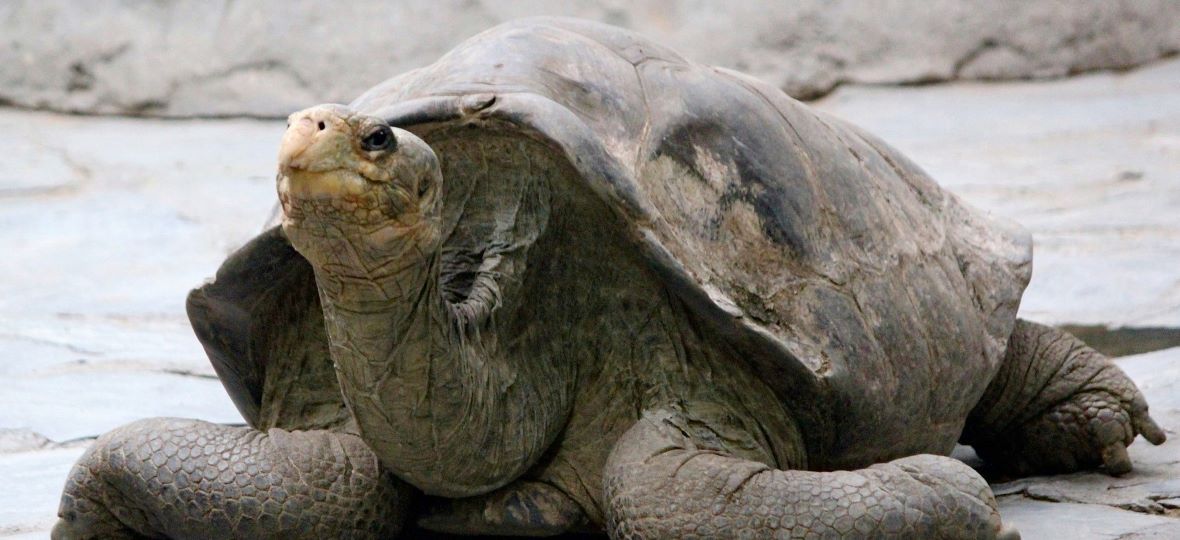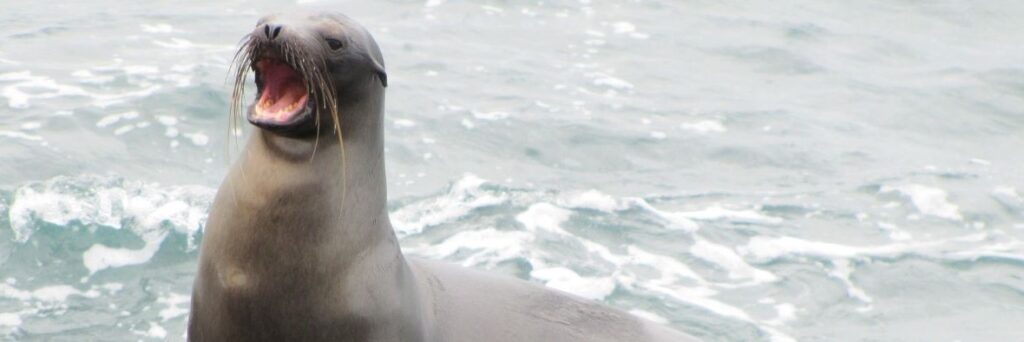A colleague and fellow traveller thought he was literally done like dinner. Diving in the Galapagos Islands, he watched a shark barrelling towards him with no chance of escape. Fortunately, at the critical moment, it rushed past and grabbed a sea lion swimming behind him. In the Galapagos, wildlife doesn’t care about humans.
And that’s precisely what’s great about the destination – not the prospect of being lunch for a shark, rather that its animal inhabitants are generally oblivious of a visitor’s presence.
Nowhere else in the world can people get so close to so many animals in their natural habitat. Naturalists ascribe the unique behaviour not to familiarity, but indifference. Because there have never been any larger predators on the islands (hawks are the top of the food chain), man has never become feared.
And there is so much wildlife in the islands that visitors need not venture far from the prescribed trails to see them. My group – on a cruise ship shore excursion, which is the only way to see most of the islands – came across tortoises, iguanas, penguins, albatross, and other bird species too numerous to mention, while dolphins, whales (and sharks) cruise the channels between island.

Beach visits offer more room to roam and the opportunity to get up close and personal with the local sea lions, which, excluding males, are shockingly approachable.
The Galapagos, which are officially part of Ecuador, though scattered across the Pacific Ocean 1,000 km from the mainland, have been aptly described as a “living laboratory.” The 100 or so islands (there are 13 principal ones) are home to dozens of species, many of which are unique and endemic, having developed largely in isolation for thousands of years.
Indeed, local naturalists dare visitors to guess which kind of penguin or tortoise they are viewing, then laugh when the name invariably turns out to be “the Galapagos Penguin,” etc.
British naturalist Charles Darwin was so inspired by the Galapagos upon journeying there in 1834 that he devised his theories of evolution and natural selection. And while no other visitor has made such a significant mark in the history of human thinking… but most, no doubt, have been equally awed.

